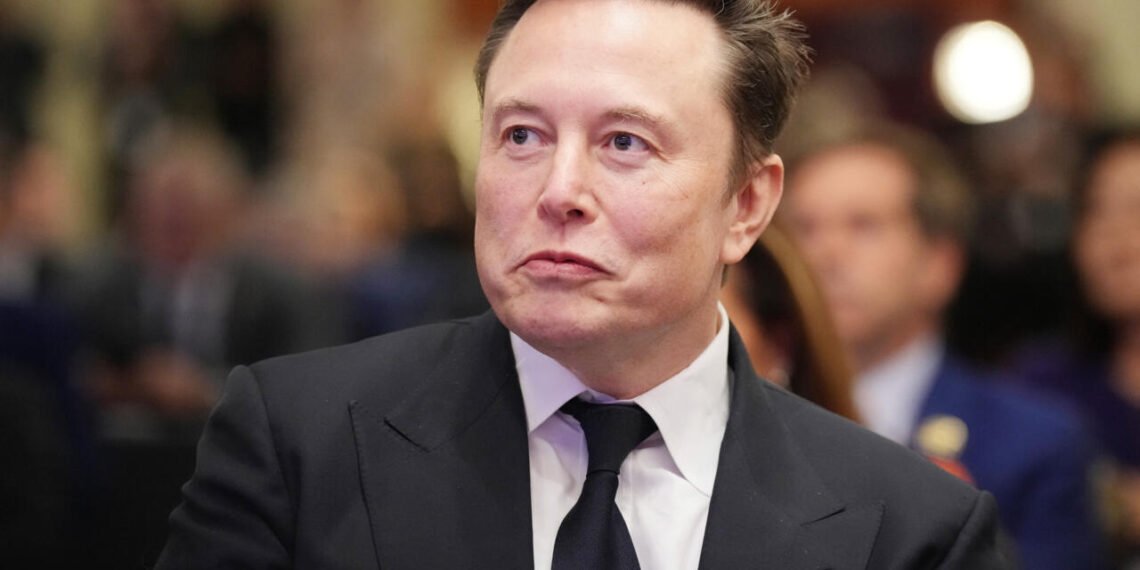In a politically charged atmosphere ahead of Germany’s upcoming elections in February, American billionaire Elon Musk has sparked controversy by openly endorsing the right-wing populist party, Alternative for Germany (AfD).
Musk’s involvement, extending beyond a mere post on his platform “X” to a full opinion piece in a German newspaper, has raised questions about his motives. This move highlights the growing interplay between global business leaders and local politics, stirring debate over the influence of powerful individuals on national affairs.
The endorsement drew sharp criticism from traditional German parties and praise from others who view it as a legitimate expression of opinion from a major investor in Germany. Musk, a key figure in technology and business, criticized Germany’s current government, particularly its energy policies, and praised AfD’s stance on nuclear energy and immigration.
Experts suggest Musk’s actions could deepen divisions within Germany and influence the election results. While his support might boost AfD’s visibility, it could also alienate moderate voters wary of external meddling in local politics. Whether this intervention will have a lasting impact remains a key question in the lead-up to the elections.











